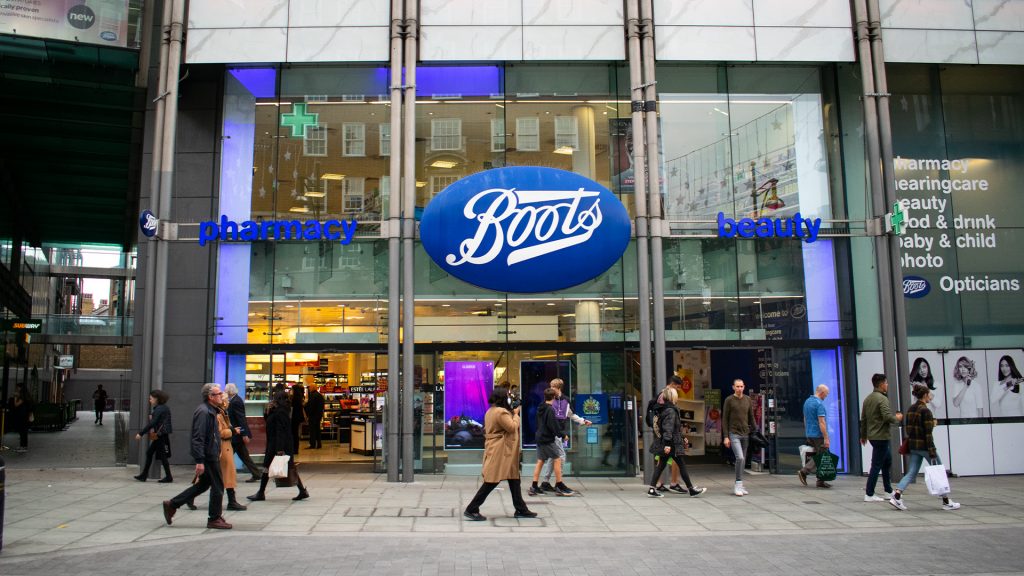Billions of beauty packaging goes unrecycled every year
An estimated 114 billion pieces of single-use packaging are thrown away rather than recycled, according to a new report by CleanHub, which highlights the environmental impact of the beauty industry.
With at least 120 billion pieces of packaging produced by the beauty industry each year, the data suggests that one of the biggest challenges facing the sector is packaging waste.
Given that 95% of cosmetic packaging is thrown away, CleanHub highlights the environmental challenges this presents.
The data
Just 14% of plastic waste is sent to recycling and only 9% gets recycled, according to the British Beauty Council.
Wildlife is impacted by both the production and disposal of beauty products. A lot of plastic packaging waste eventually ends up in rivers and oceans, which CleanHub said poses a "serious threat" to marine species. It shared that at least 633 marine species are affected by microplastics in the water.
The report also highlights that around 70% of beauty products contain some element of palm oil, despite the farming of palm oil contributing to large deforestation around the planet.
Meanwhile, one of the biggest resources consumed by the beauty industry is water. In 2020, around 10.4 million tons of water was used in the industry. The sector is considered one of the largest contributors to water use, ocean pollution, and wastewater.
"Many factors contribute to the environmental impact of cosmetics and each stage of a product lifecycle can potentially cause harm," reads the report by CleanHub.
According to the Carbon Trust, a large proportion of beauty industry emissions come from two areas: sourcing materials for products and packaging, as well as consumer use of products.
The report also looks at the ethical concerns around the industry, including animal testing and working conditions within factories.
It revealed that 88% of major cosmetic brands are not cruelty-free, while many factory workers continue to work in "bad" conditions.
The advice
With 63% of surveyed beauty consumers saying that ‘clean beauty’ is important to their purchasing and almost half saying they would pay more for sustainable products, CleanHub believes the beauty industry must continue to do more to achieve this.
The organisation said businesses need to analyse their existing practices to understand where they can make improvements.
This could be achieved by looking at manufacturing processes and exploring ways to drive down water wastage and carbon emissions, exploring sustainable or organic ingredients, ditching plastic by using organic materials or refillable glass bottles, and committing to transparency by sharing progress with consumers and shareholders.





